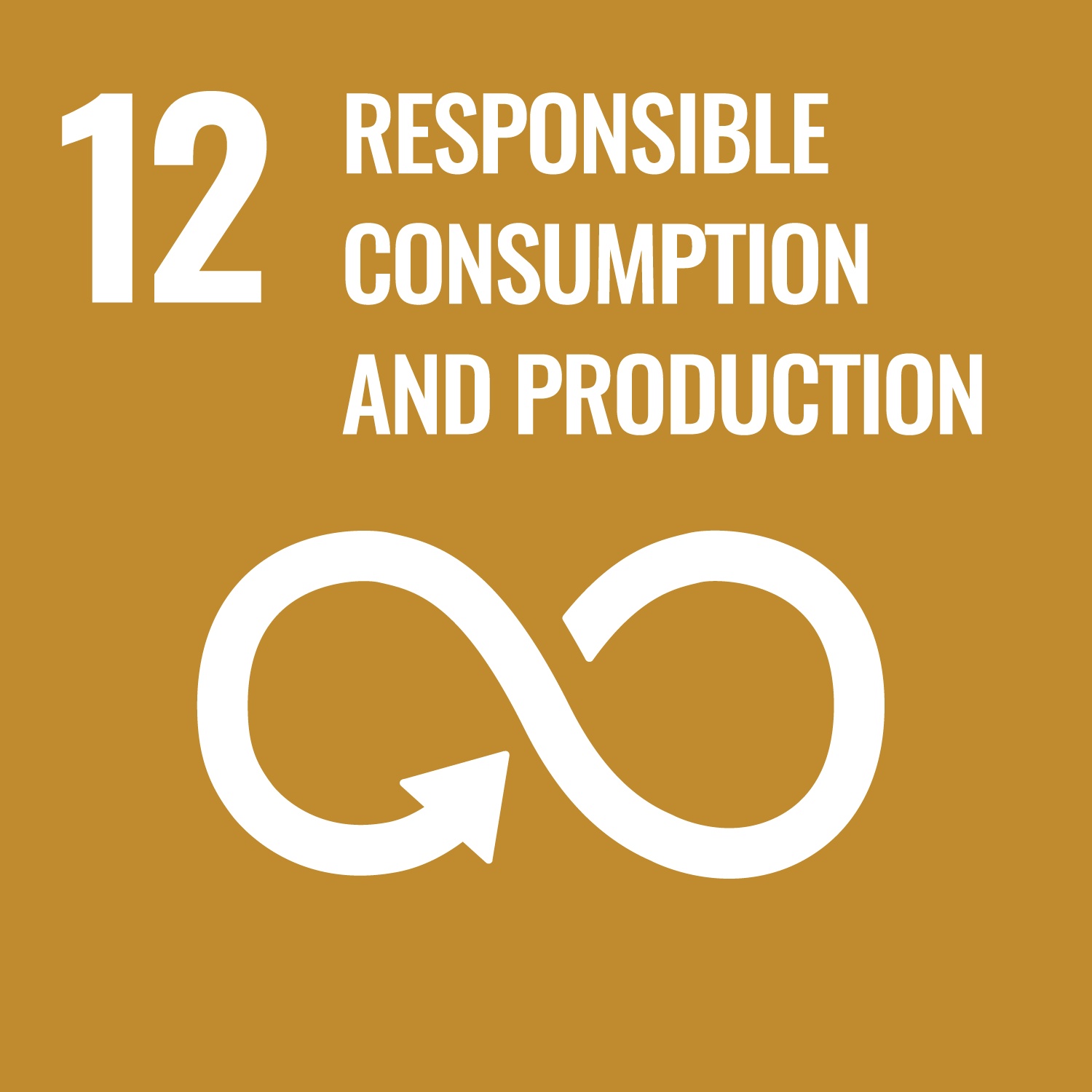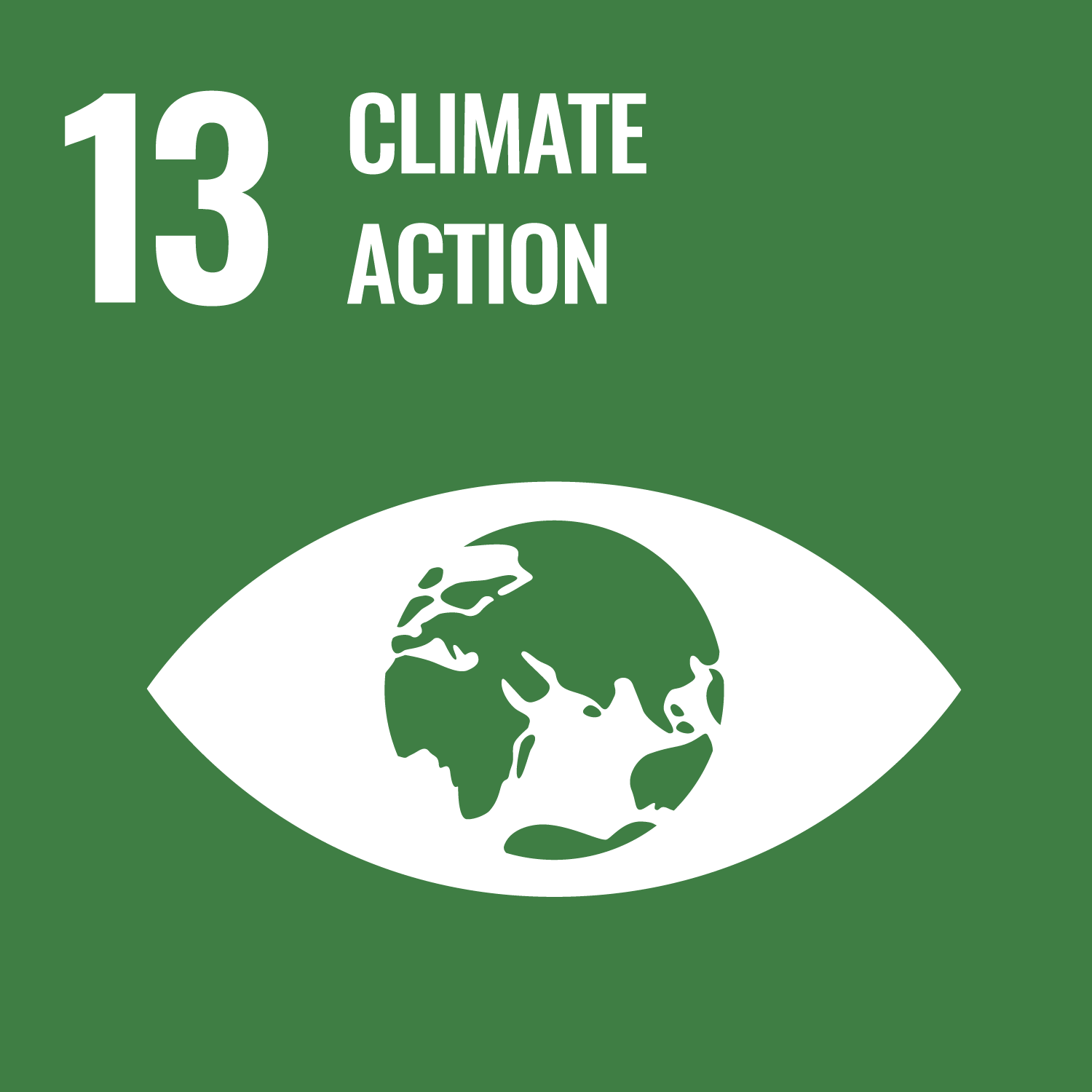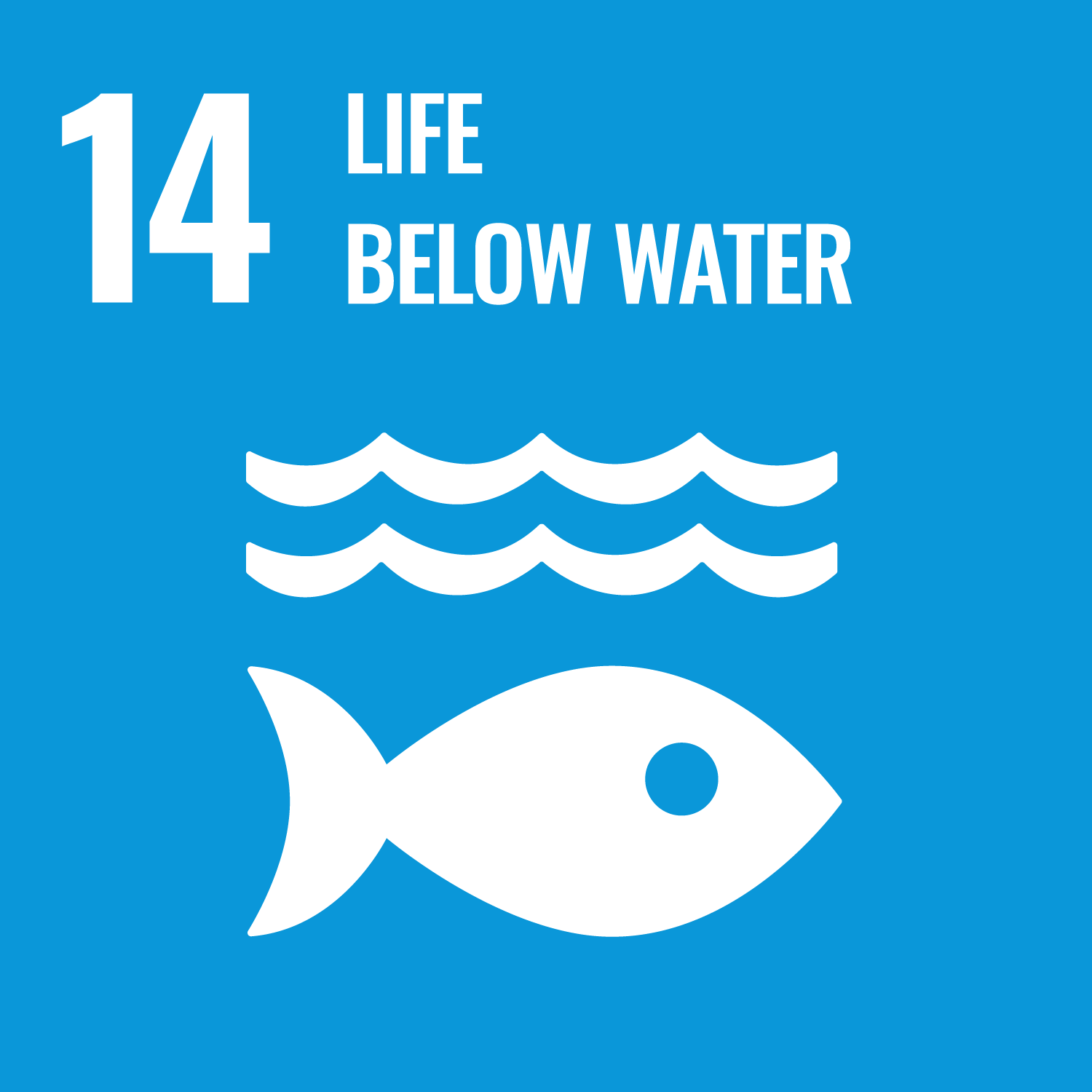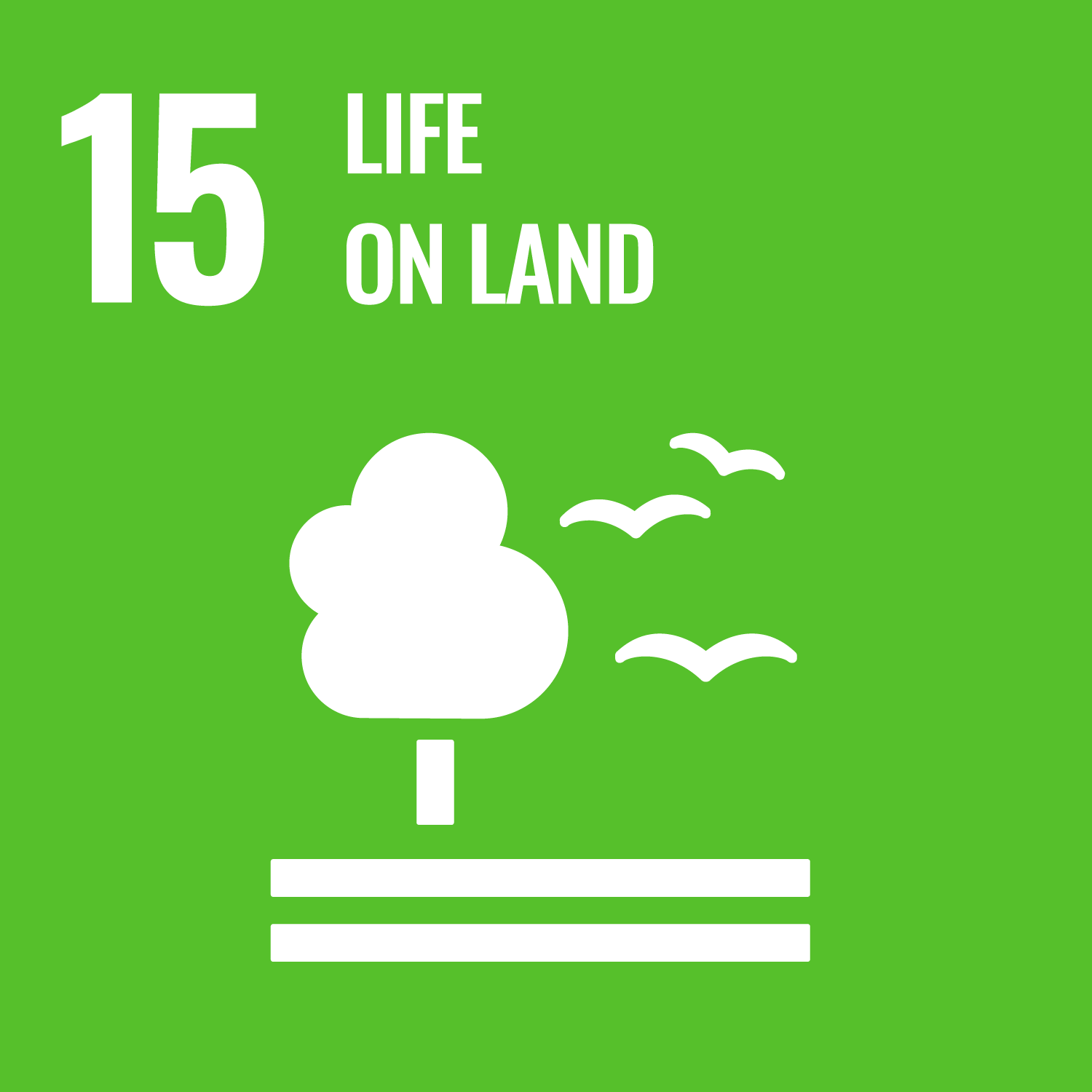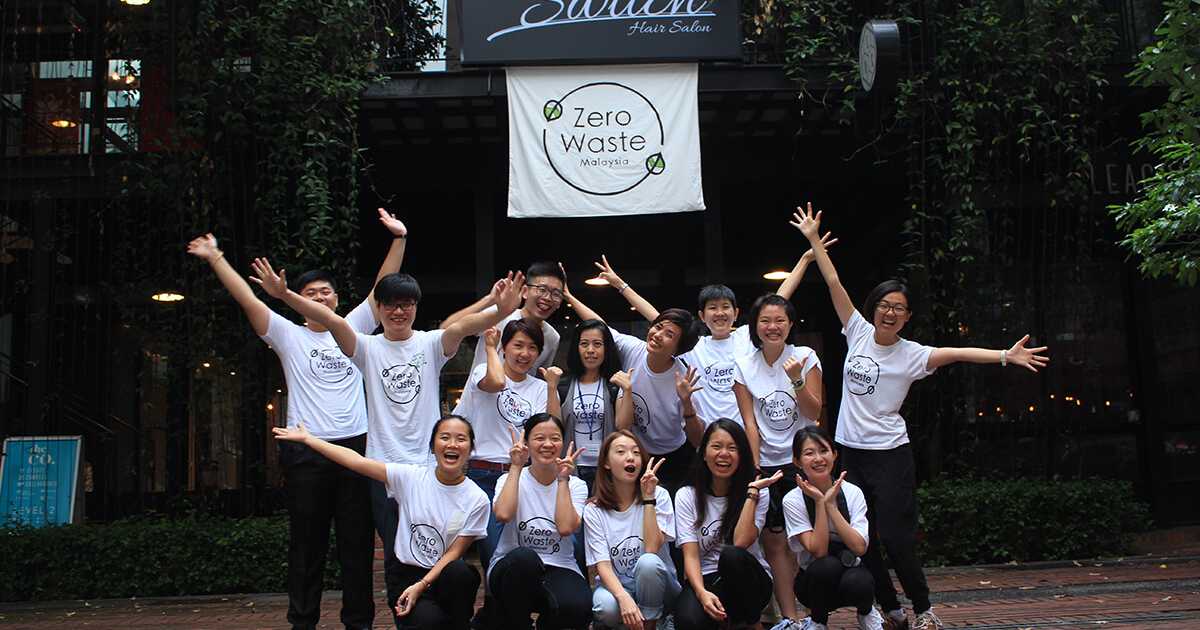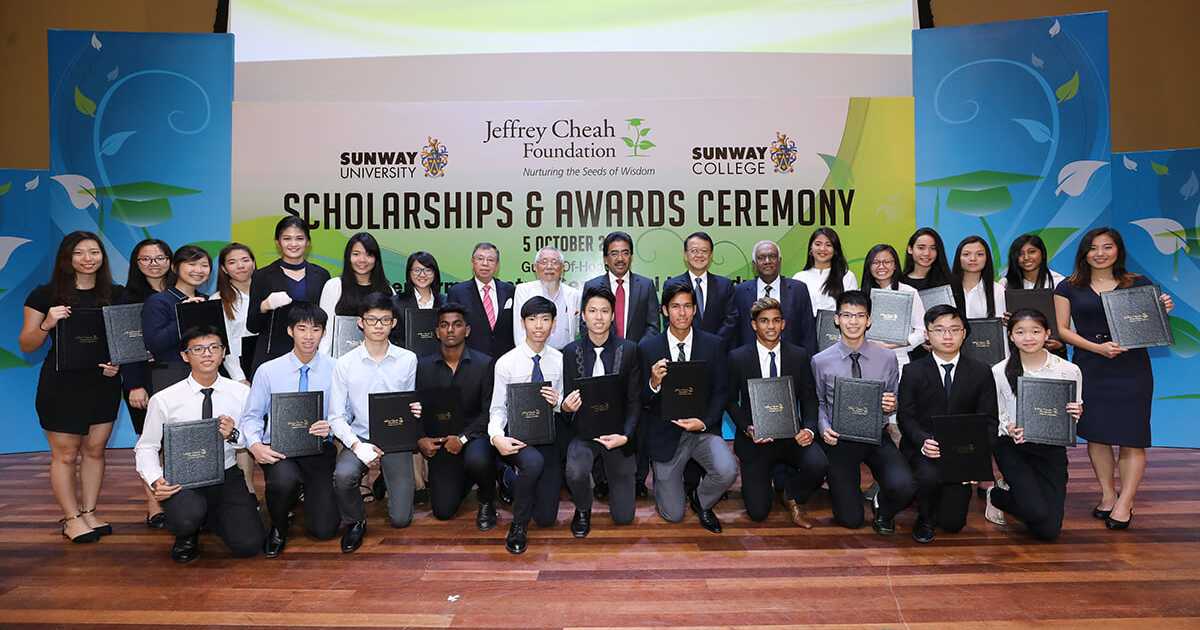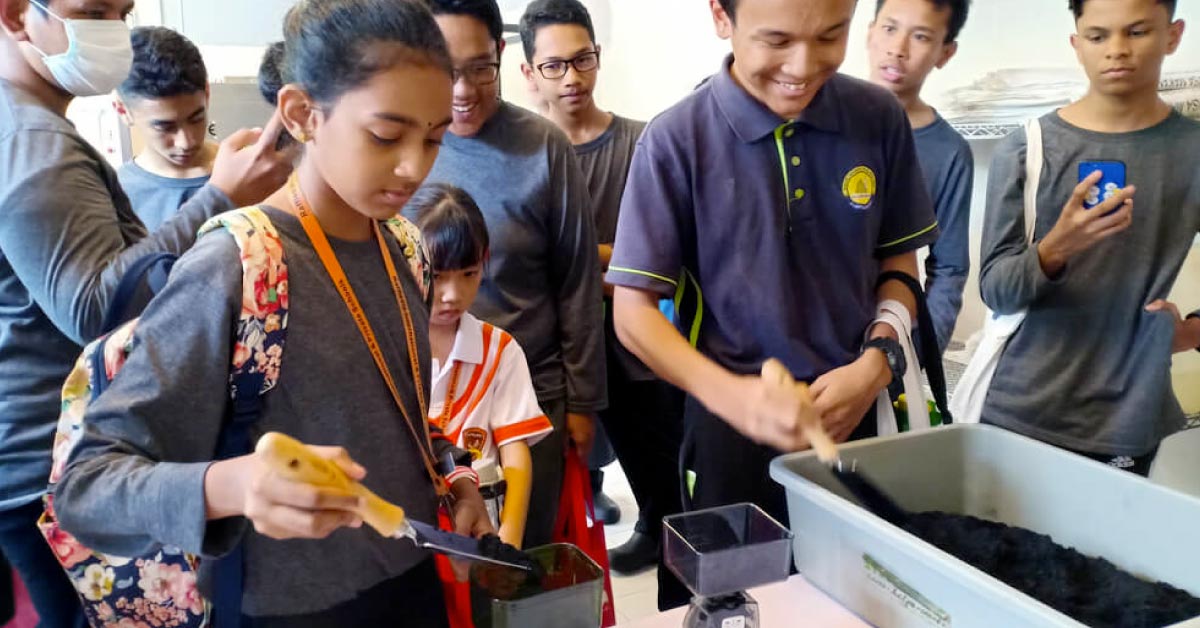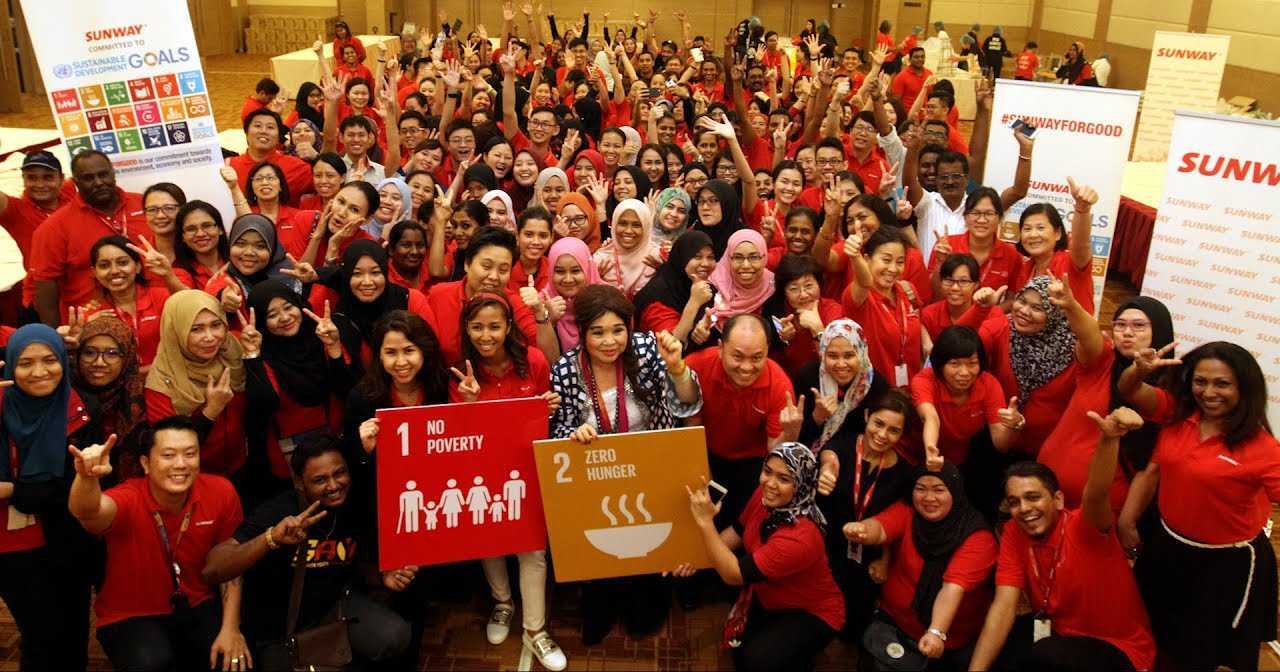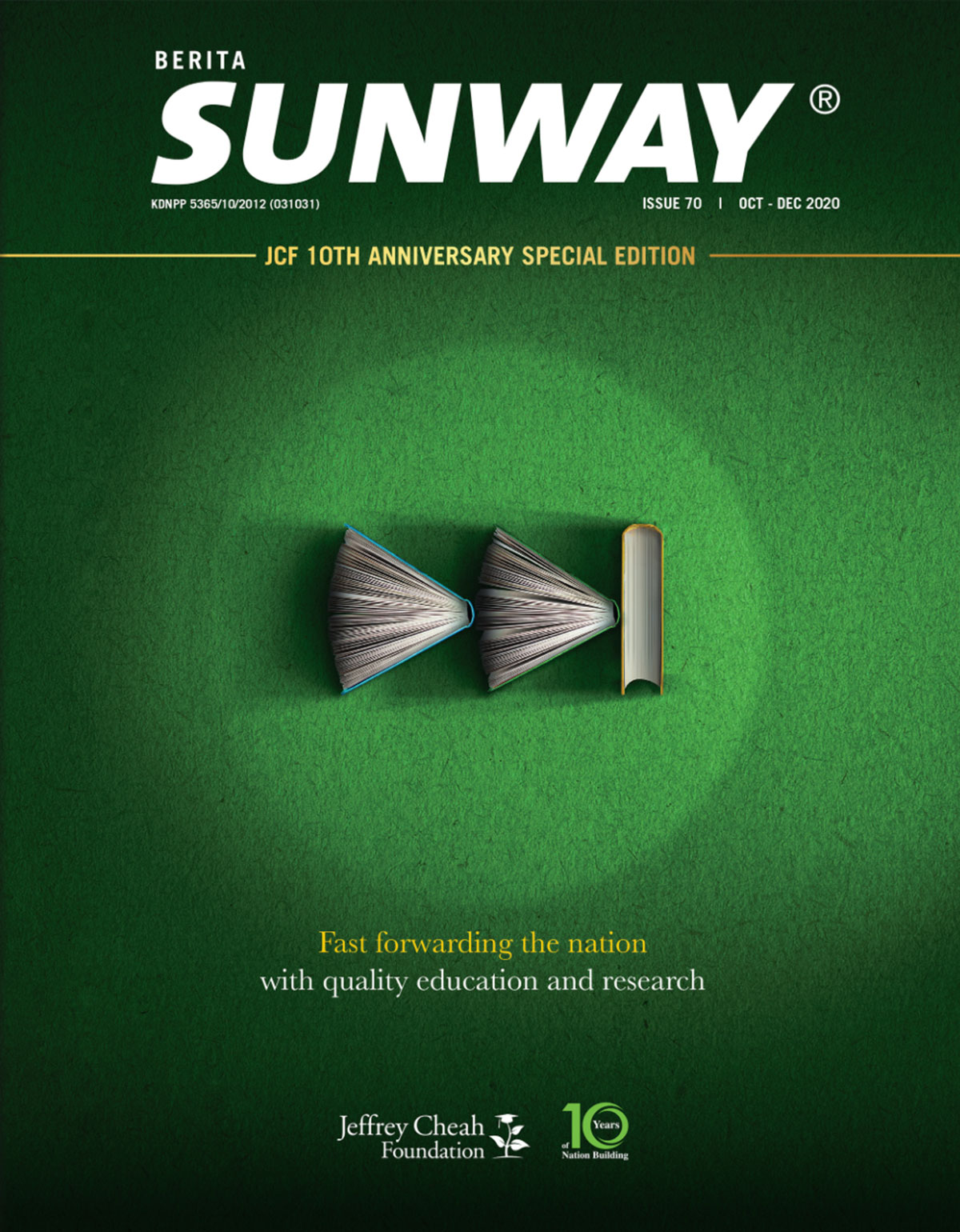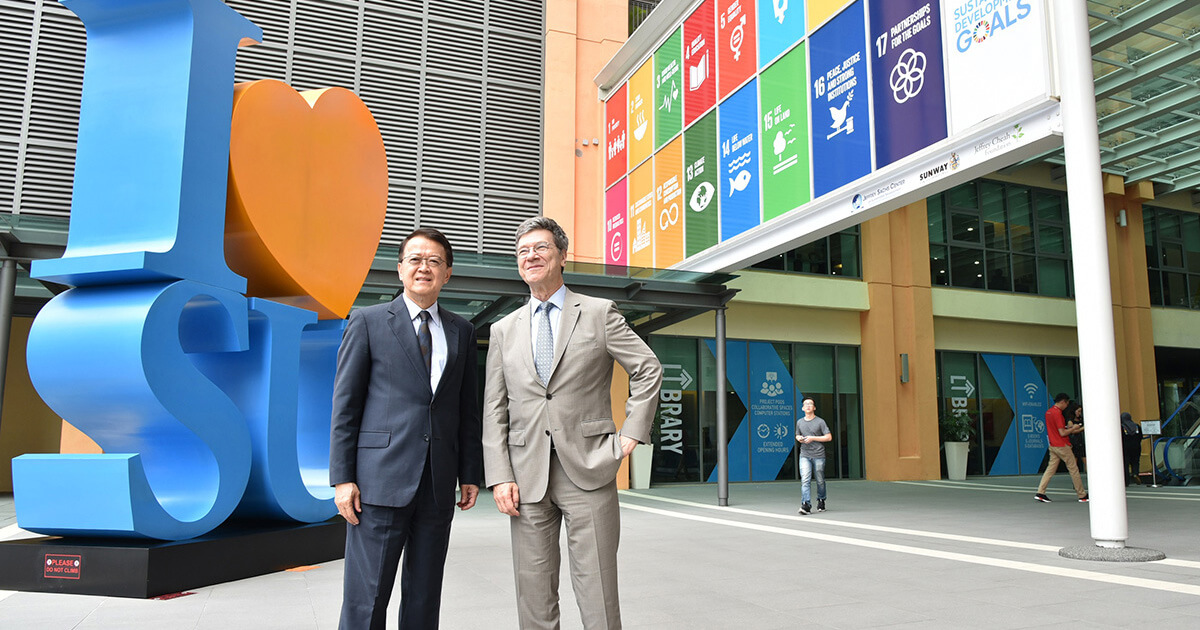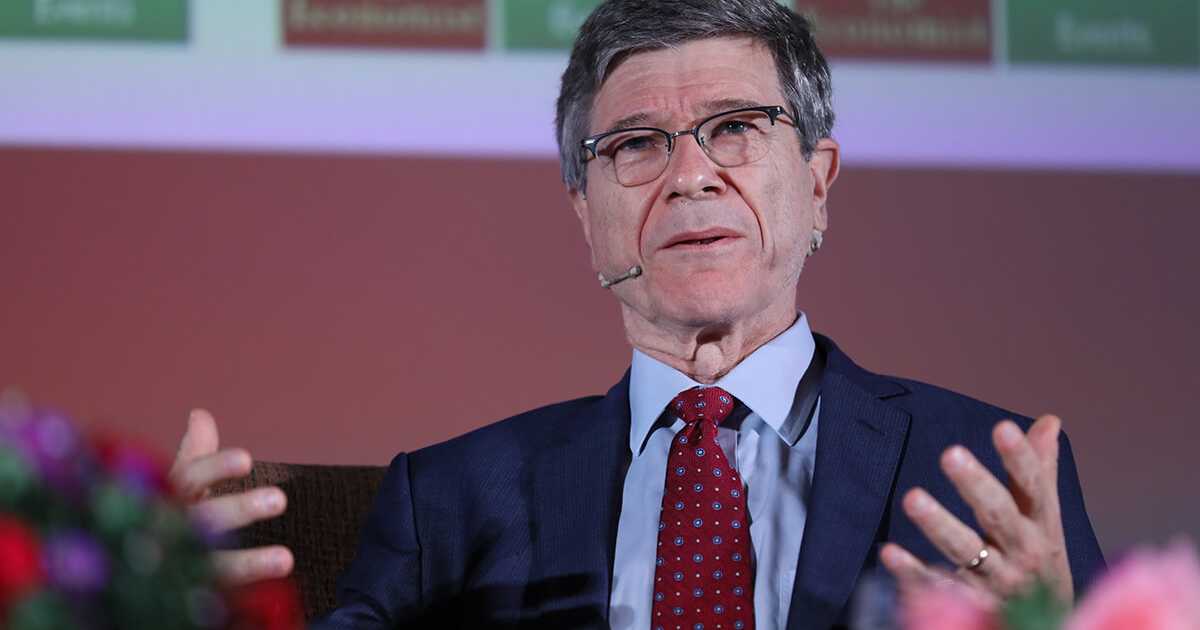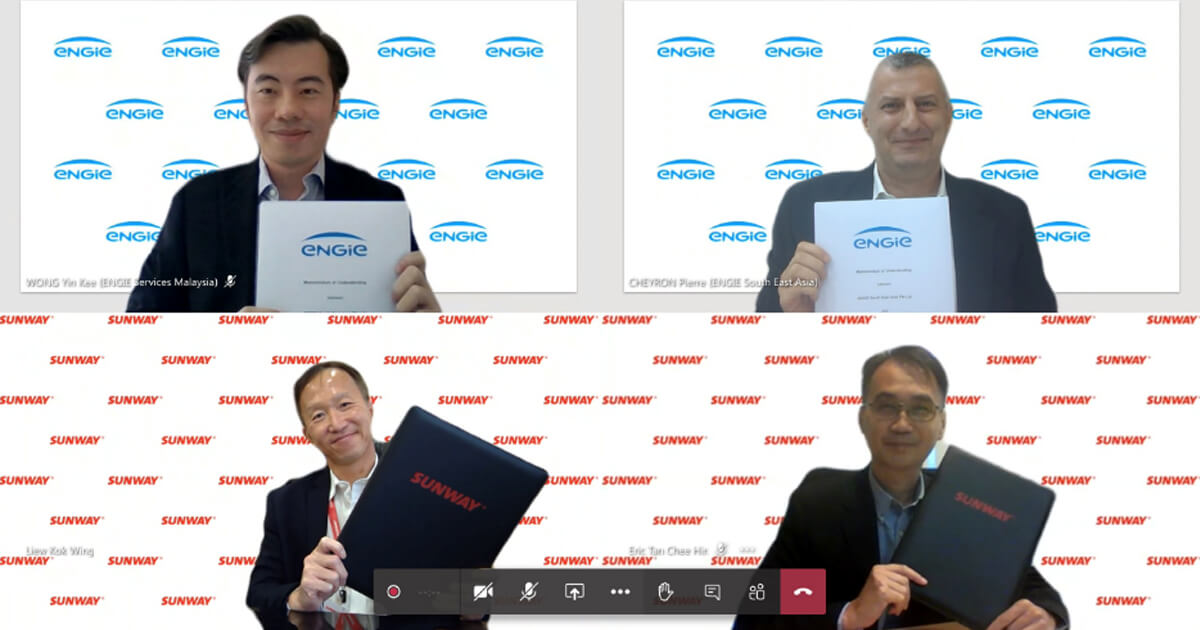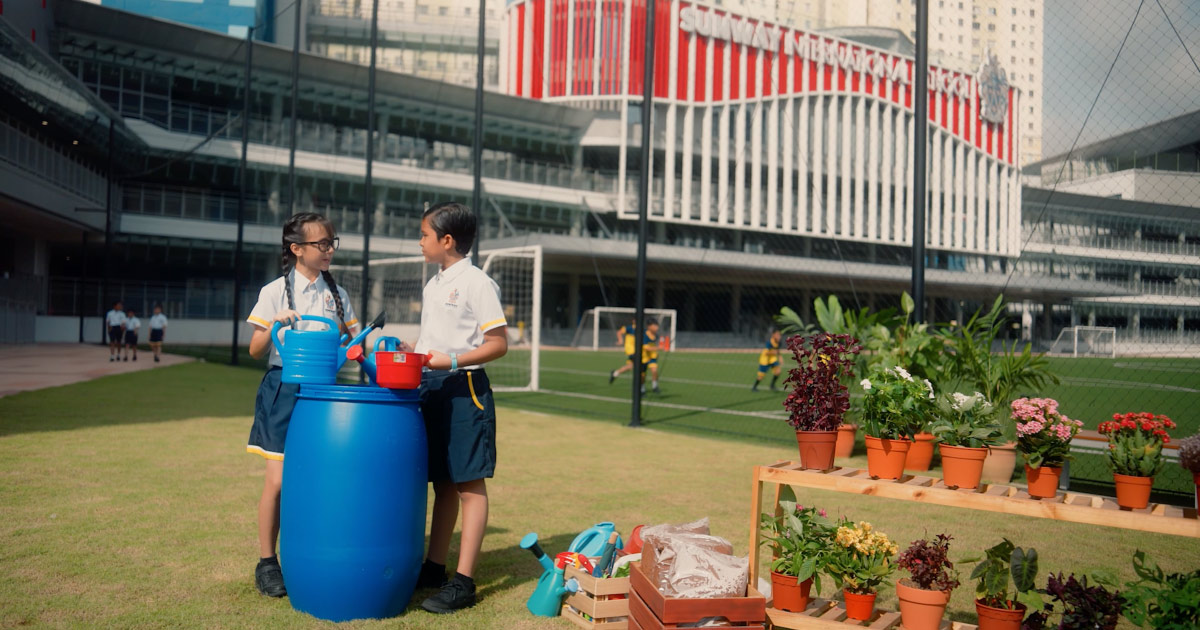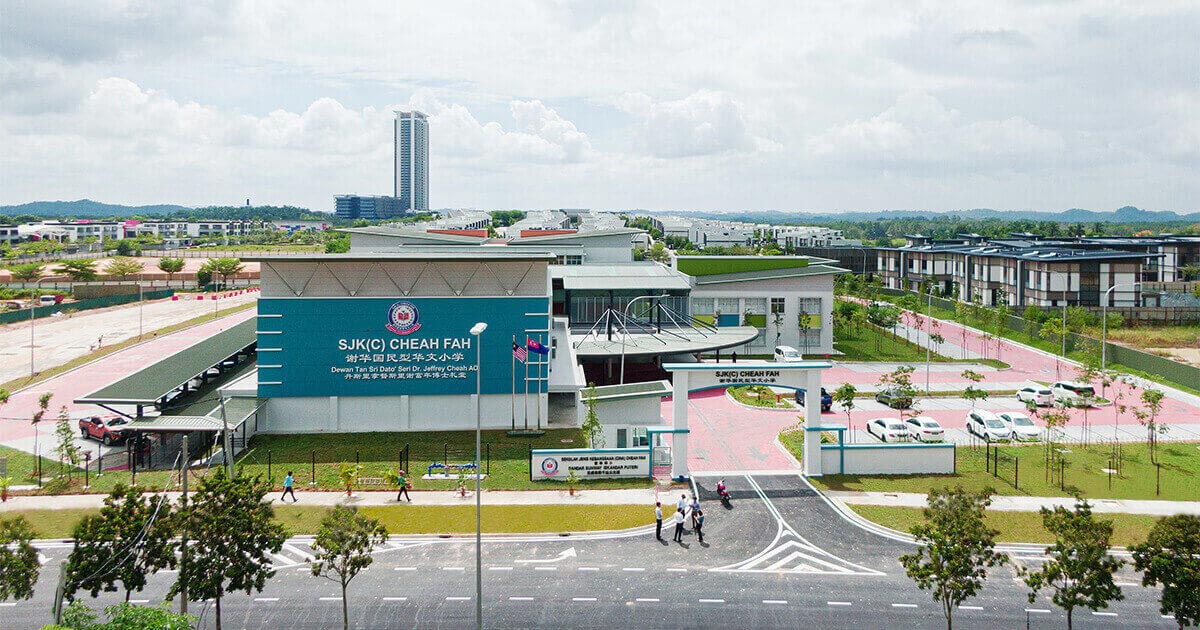Championing Zero Waste in Malaysia
-
Zero waste is a goal to reduce what we need, to reuse or recycle what we can, and to compost what we cannot.
-
Non-profit organisation Zero Waste Malaysia (ZWM) is taking initiatives to help educate the public and raise awareness about the zero waste lifestyle.
-
Contrary to popular beliefs, zero waste lifestyle saves you money so it’s not unattainable and just for the rich.
Malaysians produce about 38,000 tonnes of waste per day – most of which ends up in landfills. Mindful of the negative impact of trash towards the environment, Aurora Tin, founder of the non-profit organisation Zero Waste Malaysia (ZWM), decided to embark on a zero waste lifestyle in 2016 to reduce her trash.
In a span of two and a half years, the 30-year-old and her husband have reduced their household waste from 1.4 tonnes to less than 100g – small enough to fit into a 500ml jar.
“A zero waste lifestyle is about sending nothing to the landfill. We try our best to reduce our daily waste by applying the 5R principle to decision making – Refuse, Reuse, Reduce, Recycle and Rot,” explains Tin, who learnt about the concept through her job as an environmental journalist for a local Chinese newspaper.
ZERO WASTE: WHEN LESS IS MORE
Put simply, zero waste is a goal to reduce what we need, to reuse or recycle what we can, and to compost what we cannot – in a bid to remove waste from being sent to the landfill or incinerator, in turn, limiting the greenhouse gas emissions that contribute to climate change.
The goal of zero waste is to move from a linear economy – where resources are consumed and then disposed of at the end of its lifecycle – to a circular economy, where resources can be recycled fully back into the system.
Tin credits Bea Johnson, who is internationally regarded as the pioneer of the zero waste lifestyle, as her inspiration for founding Zero Waste Malaysia in 2016.
Published in 2013, Johnson’s book, ‘Zero Waste Home’, documents how she and her family have lived trash-free since 2008.
Starting out as a Facebook group, ZWM is currently a registered non-profit organisation that serves as an online educational and resource platform for the community who are passionate about zero waste living in Malaysia.
With over 18,000 members, ZWM conducts zero waste events such as campaigns, talks, workshops and ‘zero waste markets’ which sell zero waste products, to raise awareness about zero waste living.
Zero waste products consist of items that promote the 5R philosophy of “Refuse, Reuse, Reduce, Recycle and Rot.” This ranges from 100% compostable items – bamboo toothbrushes with bristles made of horsehair, loofah sponges, silk dental floss and wooden cotton buds – to products that encourage reuse instead of single-use – glass or stainless steel straws, tiffin carriers, cloth sanitary pads, menstrual cups, beeswax food wrappers and glass jars, to name a few.
While zero waste is still at a nascent stage in Malaysia, there are now more stores selling food in bulk quantities without plastic packaging and zero waste items to help people get started in their zero waste journeys, says Tin. ZWM has developed Asia’s first zero waste map, which lists more than 400 businesses and organisations that provide zero waste products and services in Malaysia.
“The biggest barrier to this movement is how to spread the word in the fastest, most effective way. We believe that with the growth of the community, our voices as consumers and citizens will be heard by corporations and the government, and changes will take place,”
she says.
ZERO WASTE IS FOR EVERYONE
She says the biggest misconception about a zero waste lifestyle is that it is a “lifestyle for the rich.”
People think that zero waste equates to buying fancy eco products at a higher price, when in fact, a zero waste lifestyle can save people money. Saying no to free water bottles doesn’t cost a single cent; neither does reusing things nor refusing single-use products. Building a compost bin out of an old pail or bucket does not cost one thing.
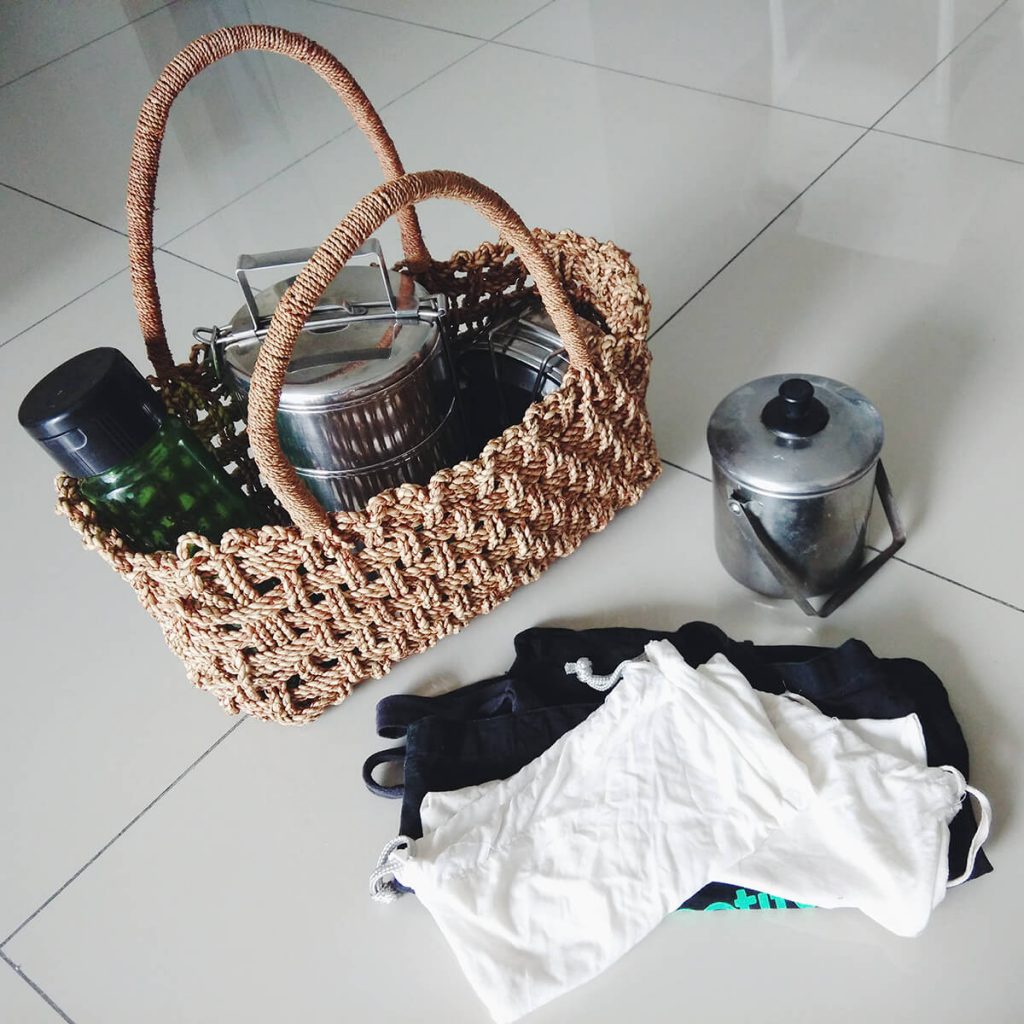
Zero waste essentials for grocery shopping
Majority of the ZWM members are women, indicating that women play a key role in advancing the adoption of zero waste lifestyles in Malaysia.
“There are also more women entrepreneurs running online businesses plying zero waste products,” says Tin.
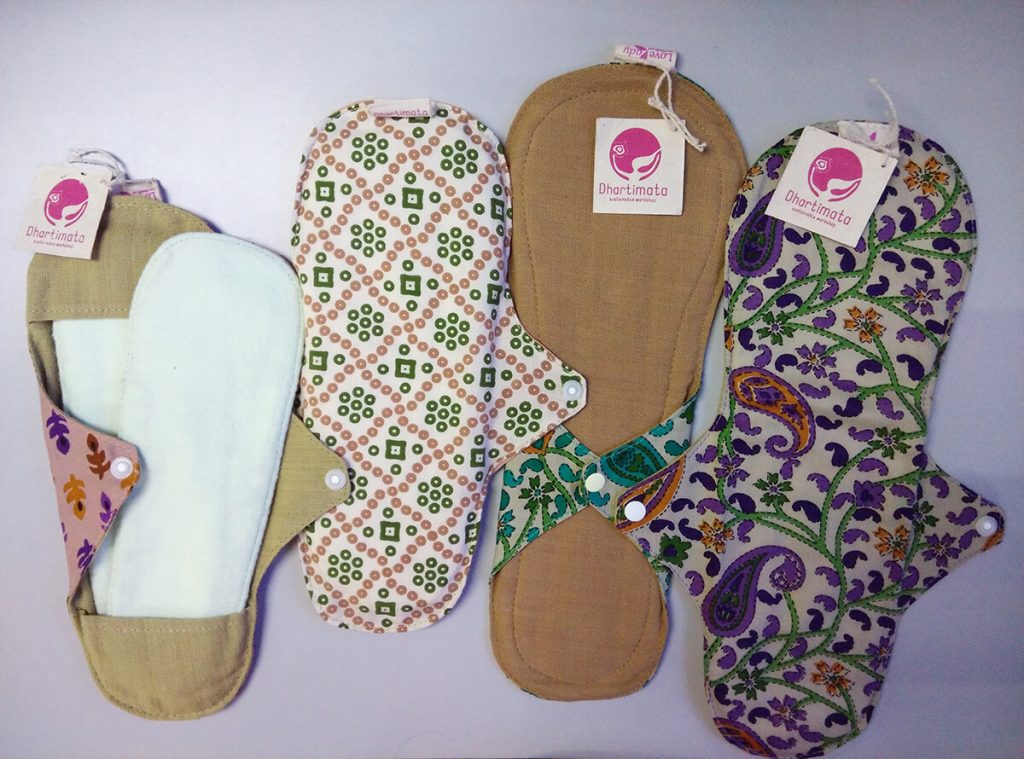
Reusable cloth menstrual pads 2
In terms of personal hygiene, Tin says women who switch to menstrual cups or reusable cotton sanitary pads can save up to 15,000 disposable pads in their lifetime.
“The price for these two products range from RM100 to RM300. As these products have a lifespan of up to 10 years compared to disposable pads, these zero waste products can save a woman thousands of ringgit,” she says. Since she embarked on zero waste living, Tin’s household expenses have dropped by 40%.
“Zero waste is inclusive because no matter your age, income level, religion, location or background, you can always find a way to reduce your waste – one step at a time,” she says.
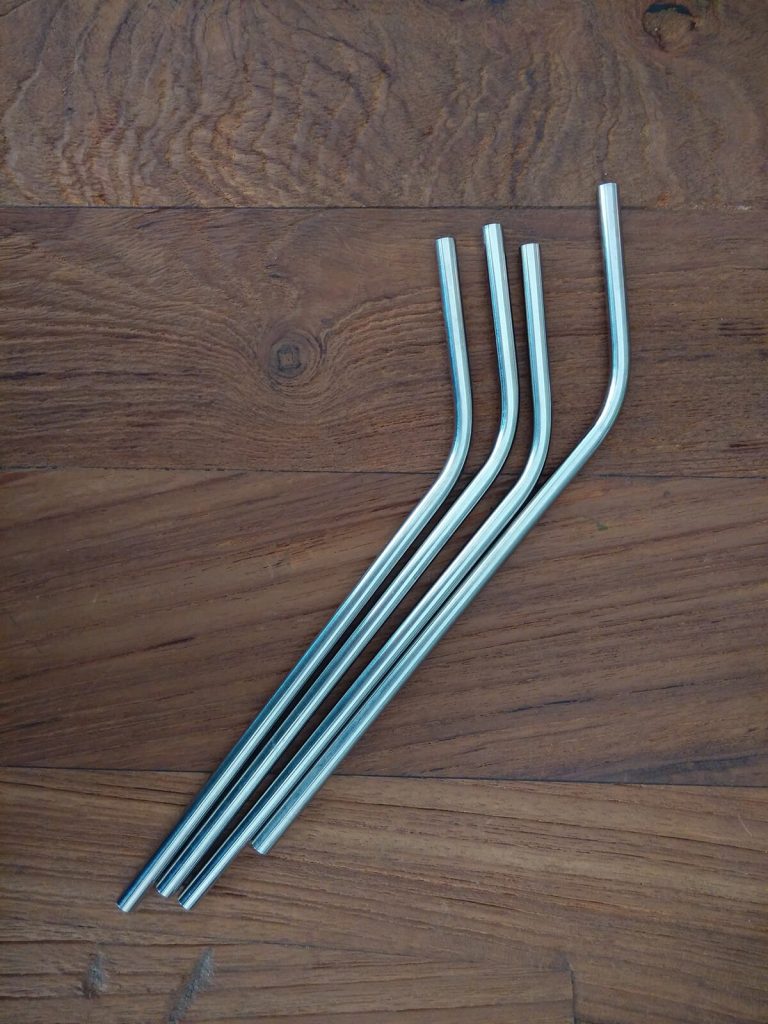
Stainless steel straws
Citing the ‘Tak Nak Straw’ campaign as an example, Tin says, refusing a drinking straw may seem a like a small inconsequential action to many, but the impact is great. “One straw a day means 365 straws per year. Imagine if 30 million Malaysians said no to straws – what a huge impact it would make! It does not cost you money or time to say ‘no’ to a straw, and by doing so, you have removed one piece of trash from your life,” she says.
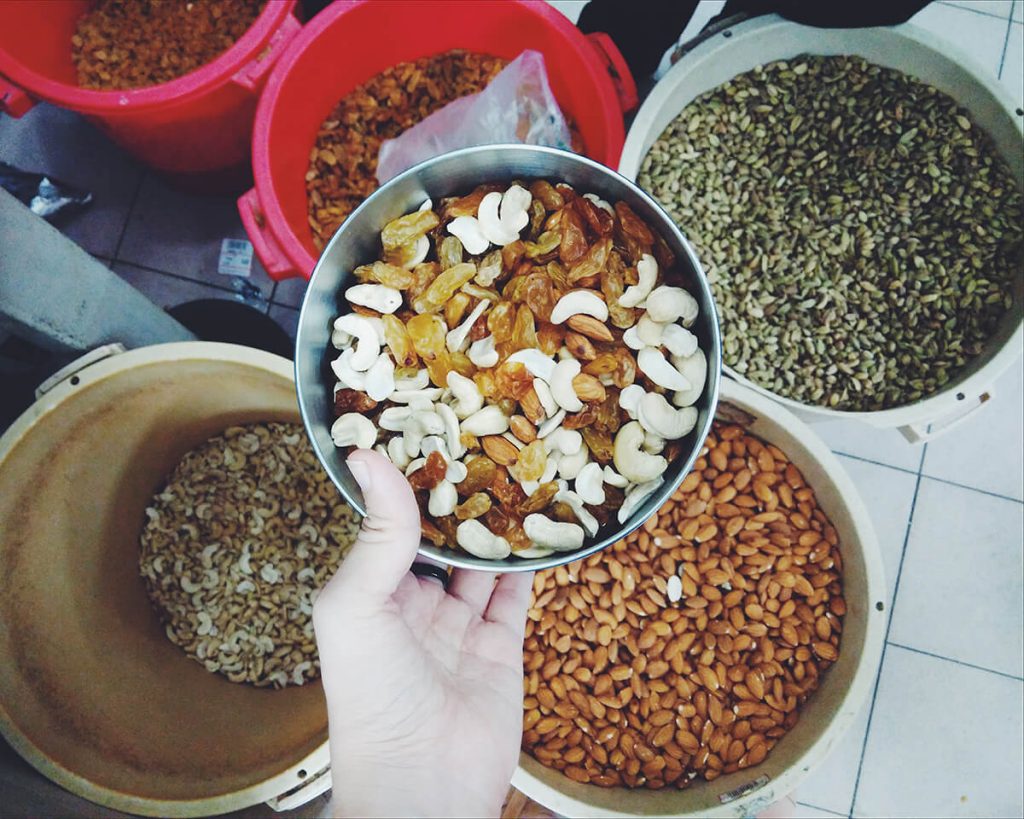
Shopping in bulk from grocery store
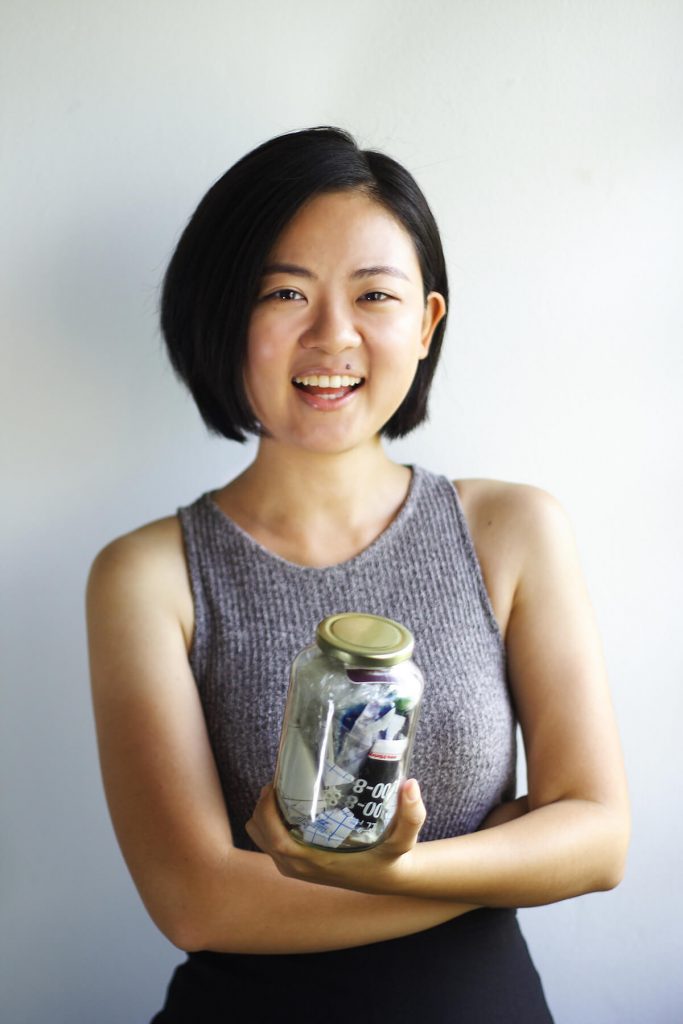
Tin believes the most challenging part of adopting a zero waste lifestyle is deciding to start the journey.
TAKING THE FIRST STEP
“Zero waste lifestyle is a journey to find better alternatives, and the good news is, we have almost all the alternatives we need in Malaysia to replace our trash. Malaysia is the paradise for the zero waste lifestyle – we still have traditional markets that supply food without packaging and Malaysians are easygoing and helpful to accommodate our zero waste requests,” says Tin.
One of the best ways to reduce waste is to avoid accumulating unnecessary items and to simplify one’s life.
“Instead of collecting stuff, it is more meaningful to collect memories. Instead of spending your weekend shopping for fast fashion clothes, we can spend our time learning new skills from DIY workshops, or travelling with friends and family. The money we spend on these activities creates higher value in terms of economic or personal growth. I can foresee that in the near future, our economy will be driven by services – skills, knowledge and experiences – and not material stuff,” she says.
This article first appeared in Berita Sunway Issue 63











